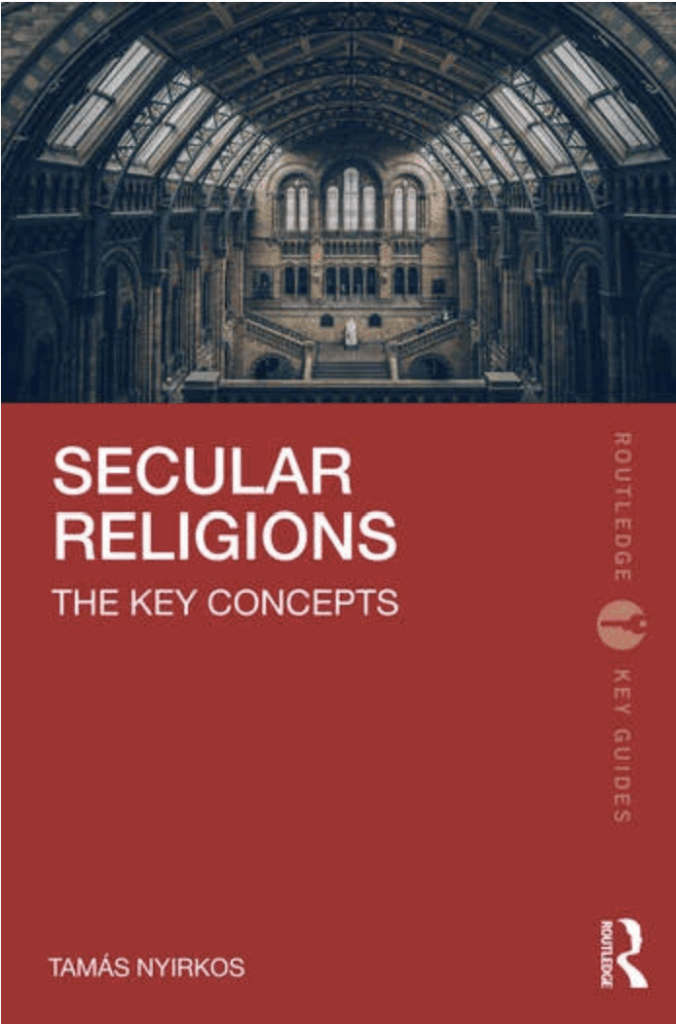Or why it is so hopeless to change people’s minds on “religion”
This day marks the first anniversary of the publication of this book:

It is currently available in about 130 libraries, mainly in Europe and the US, and at least the Introduction can be read for free on academia.edu.
There is no reason to celebrate, though, for the main experience of this past year was that practically no one could be convinced of the core message of the book. No matter how many examples were presented that undermined the whole distinction of the secular and the religious, or how all definitional attemps of religion were pulled into doubt, the overall reaction was always the well-known commonplace “Oh, this can’t be true, there MUST be a difference!”
It’s not that I’m surprised, of course. “Religion” has always been what an educated German would call a Kampfbegriff, a word that does not describe a thing but defend a position in a debate. Now since the debate between those who call themselves “religious” and “secular” is far from over, it would be futile to expect that any of them will change their mind because of contrary examples and theoretical arguments. After all, the belief in the existence of “religion” is itself a belief. And not even the least dogmatic one.
(Hm, maybe I should start making TikTok videos instead.)
